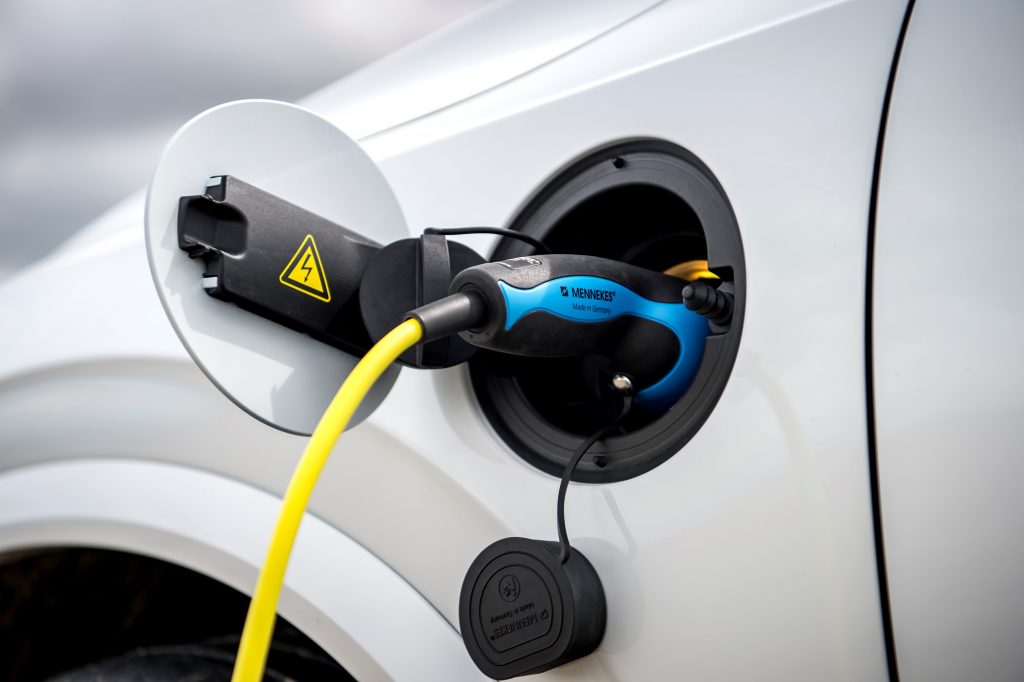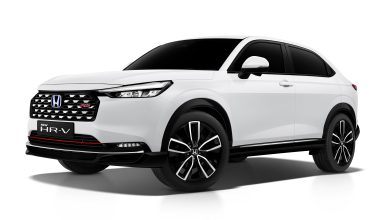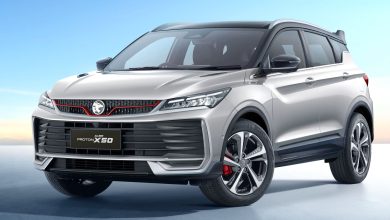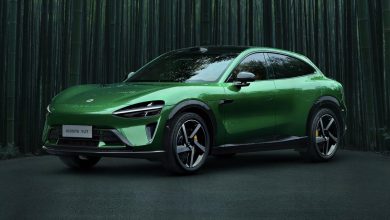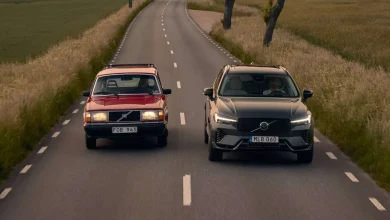Volvo Tripling EV Production To Meet Anticipated Demand

Its Ghent plant in Belgium is ramping up production for the Volvo Recharge lineup of EVs.
Volvo has recently announced that it will be tripling its electric car manufacturing capacity at its Ghent production facility in Belgium. This is in anticipation of the fast growing demand for the automaker’s Recharge lineup of electrified vehicles.
According to the Swedish automaker, this tripling of EV production will be completed by 2022. By then, electric Volvo production at the Ghent plant will account for 60% of the manufacturing capacity over there.
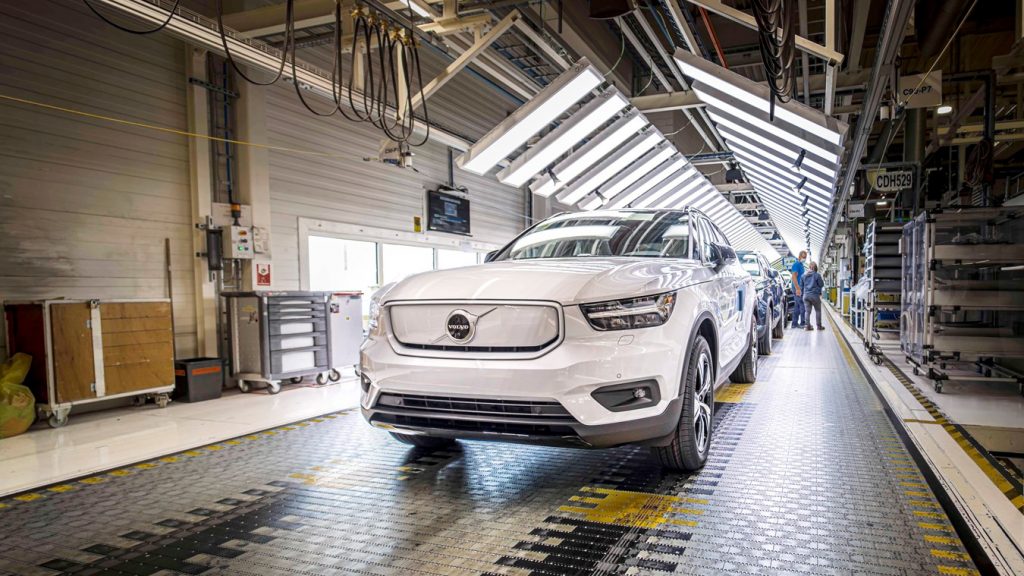
News of this increase in EV production capacity comes ahead of Volvo’s recent announcement of repurposing its Skövde engine plant to manufacture its own bespoke electric motors. In addition to that, the Swedish automaker has also made plans to expand its electric car manufacturing capacity at its other facilities globally.

Despite experiencing a slight dip in annual sales over the last year, Volvo reported that its Recharge lineup has continually demonstrated strong growth and demand in the last 12 months. In fact, sales of the Scandinavian automaker’s electrified lineup more than doubled in 2020 as compared to 2019.
To those unfamiliar, Volvo’s Recharge lineup consists of electrified vehicles which includes both plug-in hybrid and fully electric cars. As of now too, there is actually a plug-in hybrid Recharge variant available for every current model in the automaker’s lineup in international markets.
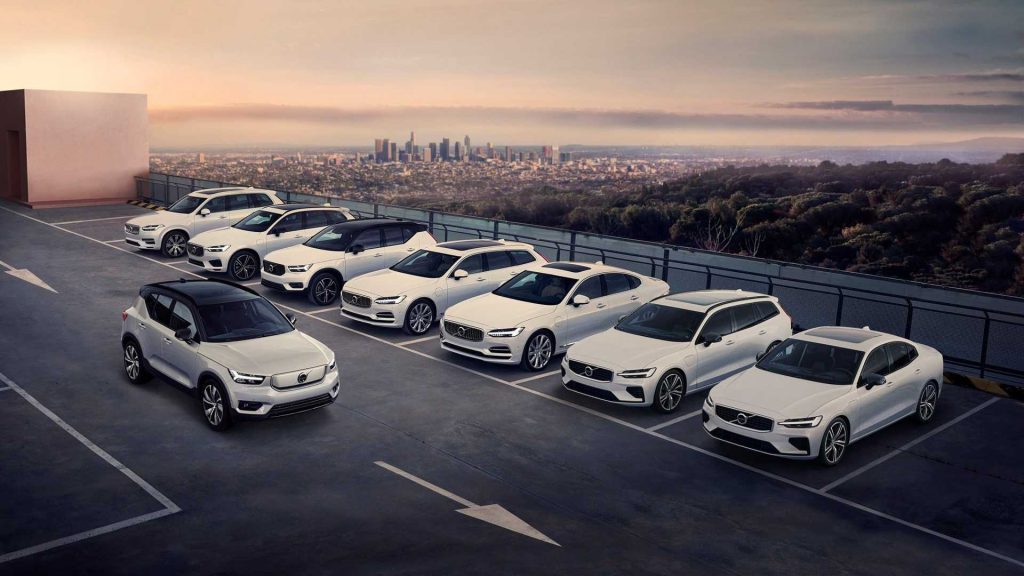
Having said that, the only all-electric Volvo offered currently is still limited to the XC40 Recharge. Then again, there is news about a second fully electric model currently in the works. To be based on the CMA vehicle architecture, this new Volvo EV is set to enter production later on in the year.
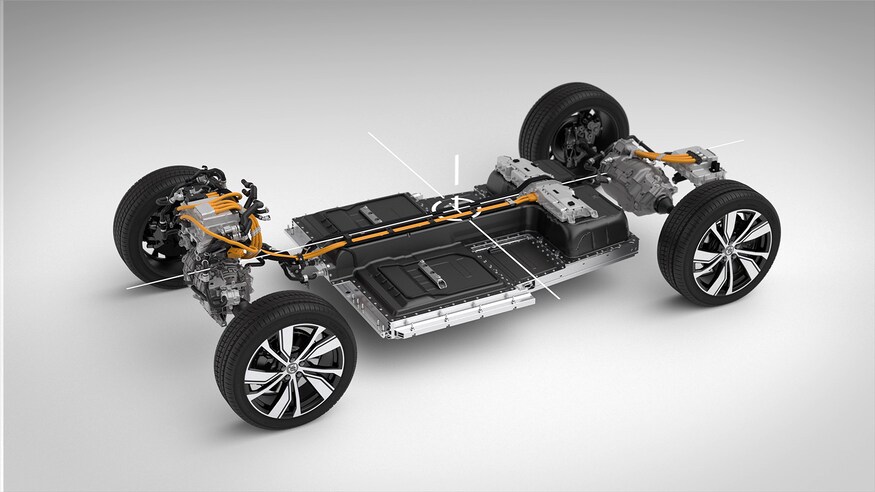
According to the Volvo, the automaker is committed into becoming a premium electric car company in the future. To that end, it has targeted for its global sales by 2025 to consist of 50% fully electric cars, with the rest to be made up of electrified hybrids.
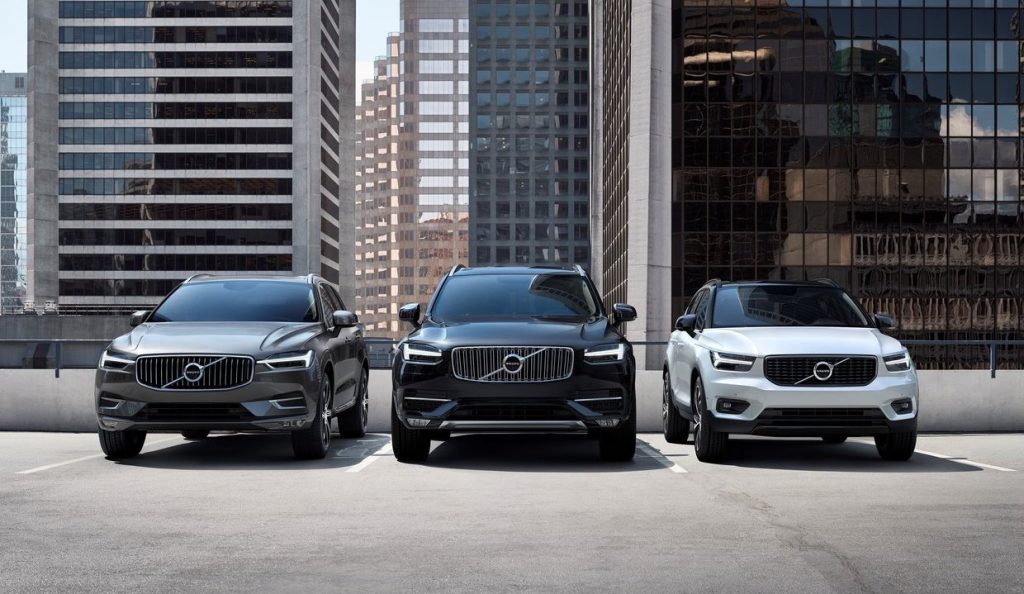
PRESS RELEASE: Volvo Cars is tripling electric car manufacturing capacity at its plant in Ghent, Belgium as it prepares to meet fast growing demand for its Recharge line-up of chargeable cars.
The capacity increase comes as Volvo Cars also reports its full-year sales results for 2020, which showed a strong growth in demand for the company’s Recharge models. The share of Recharge cars as a percentage of total sales more than doubled in 2020, compared to 2019.
By 2022, electric car capacity at the Ghent plant will have more than tripled from today’s levels and amount to around 60 per cent of the plant’s total production capacity.
Ghent is currently preparing to take a second fully electric Volvo model, based on the CMA modular vehicle architecture, into production later this year. The plant already builds the XC40 Recharge, the company’s first fully electric car, as well as a plug-in hybrid version of the XC40.
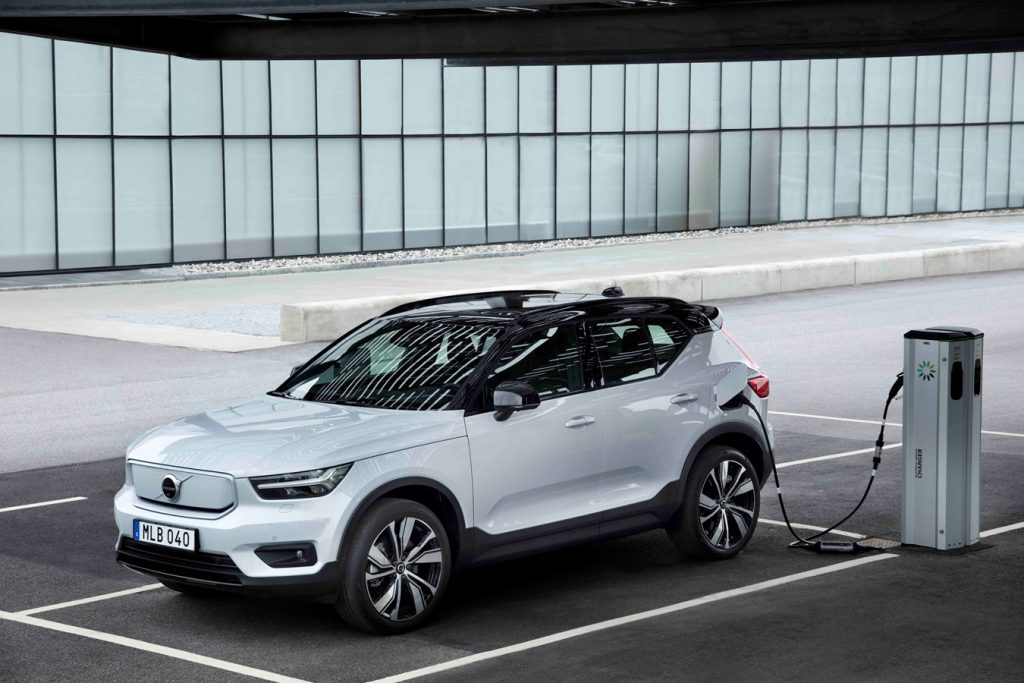
“Our future is electric and customers clearly like what they see from our Recharge cars,” said Javier Varela, head of global industrial operations and quality. “As we continue to electrify our line-up and boost our electric production capacity, Ghent is a real trailblazer for our global manufacturing network.”
Volvo Cars is committed to becoming a premium electric car company and in coming years, the company will launch several fully electric cars. By 2025, it aims for its global sales to consist of 50 per cent fully electric cars, with the rest hybrids.
While Ghent is the first of its global manufacturing network to start building fully electric cars, the company also has plans to increase electric car manufacturing capacity at its other facilities around the globe.
Last month, Volvo Cars also announced it will assemble electric motors at its powertrain plant in Skövde, Sweden, and plans to establish complete in-house e-motor production by mid-decade. It will invest 700 million SEK to this end in coming years. The company is also investing significantly in the in-house design and development of e-motors for the next generation of Volvo cars.
